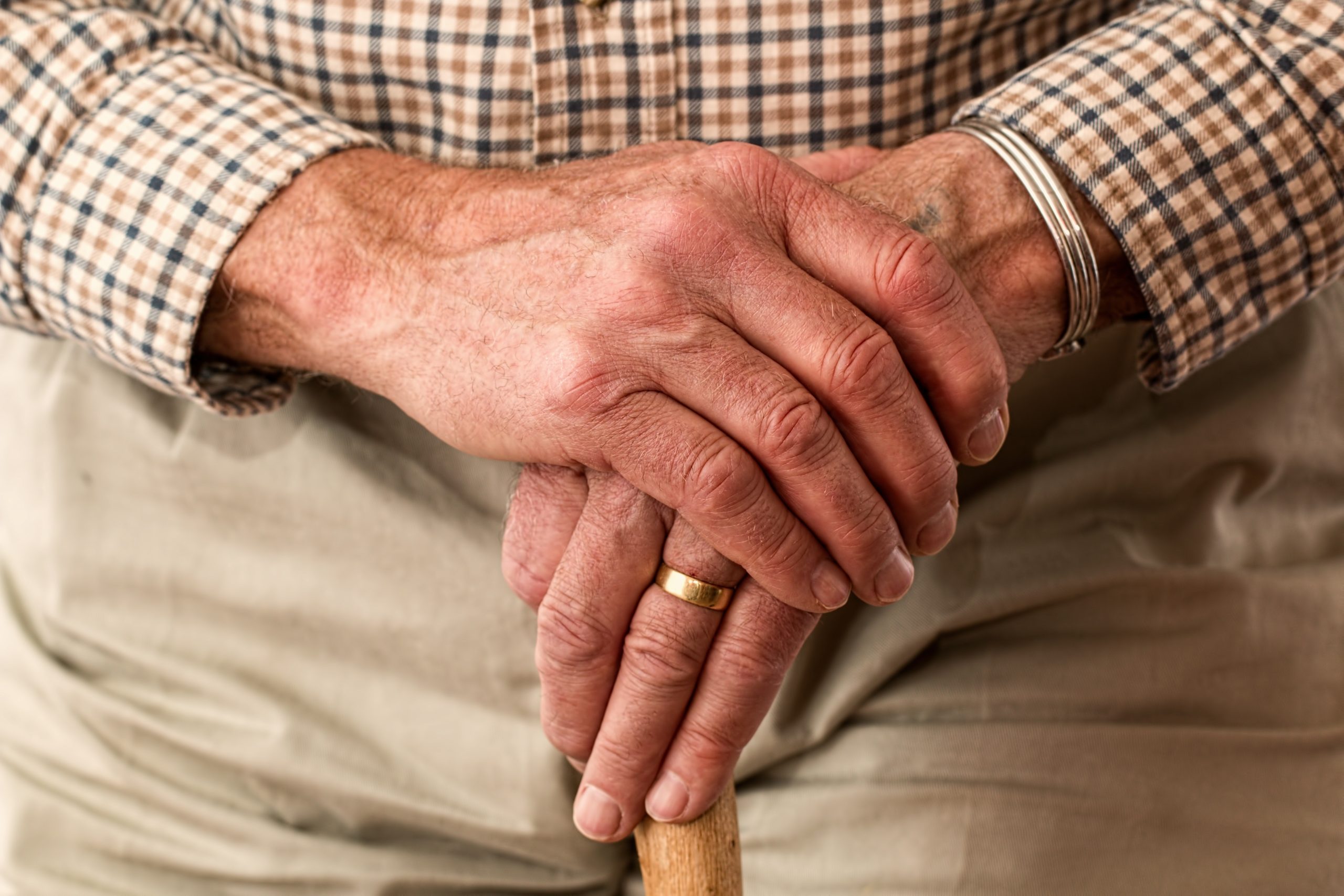From Flu to Pneumonia: Essential Vaccines for Seniors

The image is not directly related to the article. It merely symbolizes the life of elderly people.
From Flu to Pneumonia: Essential Vaccines for Seniors
As we age, our immune system weakens, making us more susceptible to various diseases and infections. This vulnerability is particularly evident when it comes to respiratory illnesses like the flu and pneumonia. However, seniors can protect themselves and maintain their health by getting vaccinated against these diseases.
The flu, also known as influenza, is a highly contagious respiratory illness caused by the influenza virus. It can lead to severe complications, especially in older adults. According to the Centers for Disease Control and Prevention (CDC), people aged 65 and older account for the majority of flu-related hospitalizations and deaths each year. Therefore, it is crucial for seniors to receive an annual flu vaccine.
The flu vaccine is designed to protect against the most common strains of the flu virus circulating each season. It helps to reduce the severity of symptoms if a person does contract the flu and lowers the risk of complications. Getting vaccinated not only protects seniors but also helps prevent the spread of the virus to others who may be more vulnerable, such as young children or individuals with weakened immune systems.
Another disease that poses a significant threat to seniors is pneumonia. Pneumonia is an infection that causes inflammation in the lungs, leading to symptoms such as cough, fever, and difficulty breathing. It can be caused by various pathogens, including bacteria, viruses, or fungi. Streptococcus pneumoniae, commonly known as pneumococcus, is the most common bacteria causing pneumonia in older adults.
Fortunately, there are vaccines available to protect against pneumococcal infections. The CDC recommends two pneumonia vaccines for adults aged 65 and older: the pneumococcal conjugate vaccine (PCV13) and the pneumococcal polysaccharide vaccine (PPSV23). These vaccines provide protection against different strains of the bacteria, reducing the risk of developing pneumonia and its complications.
PCV13 is typically given first, followed by a dose of PPSV23 six to twelve months later. These vaccines stimulate the immune system to produce antibodies that recognize and fight the specific strains of pneumococcus bacteria. By getting vaccinated, seniors can significantly reduce their risk of developing pneumococcal pneumonia, bloodstream infections, and other severe complications.
It is important to note that vaccines are not only beneficial for protecting seniors’ health but also for maintaining their independence. Respiratory illnesses like the flu and pneumonia can lead to hospitalizations and prolonged recoveries, which can disrupt daily activities and reduce quality of life. By taking preventive measures, such as getting vaccinated, seniors can stay healthy and continue to enjoy their golden years.
In conclusion, seniors should prioritize receiving vaccines against the flu and pneumonia to protect their health. The flu vaccine helps reduce the severity of symptoms and prevent complications, while pneumonia vaccines provide protection against specific strains of bacteria and lower the risk of developing severe infections. By taking these preventive measures, seniors can safeguard their well-being and maintain their independence for years to come.
The image is not directly related to the article. It merely symbolizes the life of elderly people. From Flu to Pneumonia: Essential Vaccines for Seniors As we age, our immune system weakens, making us more susceptible to various diseases and infections. This vulnerability is particularly evident when it comes to respiratory illnesses like the flu…
Recent Posts
- Empowering Caregivers: The Best Online and Offline Resources to Enhance Your Skills
- Traveling with a Purpose: The Rise of Volunteer Vacations
- Breaking Stigma: Dispelling Myths about Mobility Aids and Disability
- Avoiding Probate: How Trusts Can Simplify the Estate Settlement Process
- Senior Citizens Beware: Common Financial Scams and How to Stay Protected

